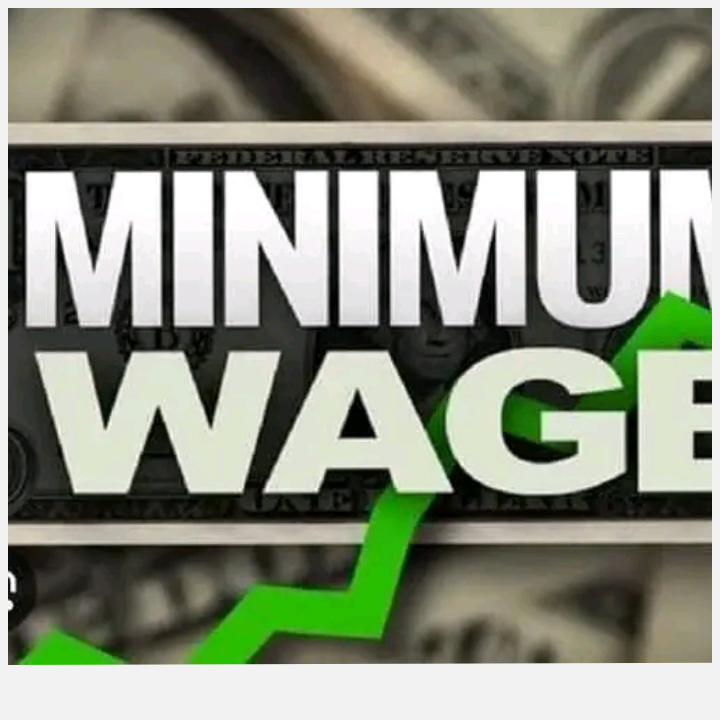Tinubu Sets up Committee as Labour Insists on N615,000 Minimum Wage, Sets Deadline
The national dialogue on Nigeria’s minimum wage has reached a crucial stage as President Bola Tinubu’s tripartite committee reconvenes.
After weeks of anticipation, the committee, comprising representatives from federal and state governments, the private sector, and organized labour, is set to meet today in Abuja.
This development comes on the heels of the expiry of the previous minimum wage on April 18, 2024. The committee, chaired by the former Head of the Civil Service of the Federation, Goni Aji, has been tasked with recommending a new national minimum wage, a directive that was set in motion by Vice President Kashim Shettima on January 30, 2024.
Labour unions have been vocal and firm in their demands, advocating for a significant increase in the minimum wage to N615,000, emphasizing this figure as a living wage necessary to cope with the current economic challenges and high costs of living. The unions have underscored the urgency of their demand with a strict deadline of May 31, 2024, threatening action if their demands are not met.
The proposals from different regions vary widely, reflecting the diverse economic realities across the country. For instance, the NLC’s proposals range from N794,000 in the South-West to N850,000 in the South-South, while the TUC has suggested N447,000 for some states. This disparity underscores the complexity of finding a universally acceptable figure that addresses the economic disparities across various states.
According to sources from within the committee, there is a consensus that a reasonable increase in the minimum wage would not only improve workers’ purchasing power but also have a ripple effect on the economy at large. Increased wages would mean more money in circulation, leading to higher demand for goods and services, which could boost local manufacturing and overall employment.
However, as negotiations resume, there has yet to be a concrete offer from the government side, leading to increased tensions as the deadline approaches. The government’s challenge will be to balance the legitimate demands of workers with the economic realities faced by employers, particularly in the private sector, where there are concerns about the feasibility of such wage increases.
